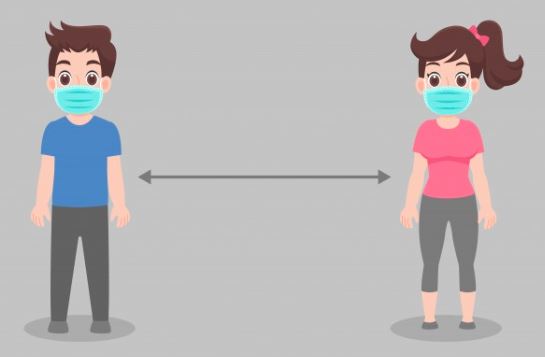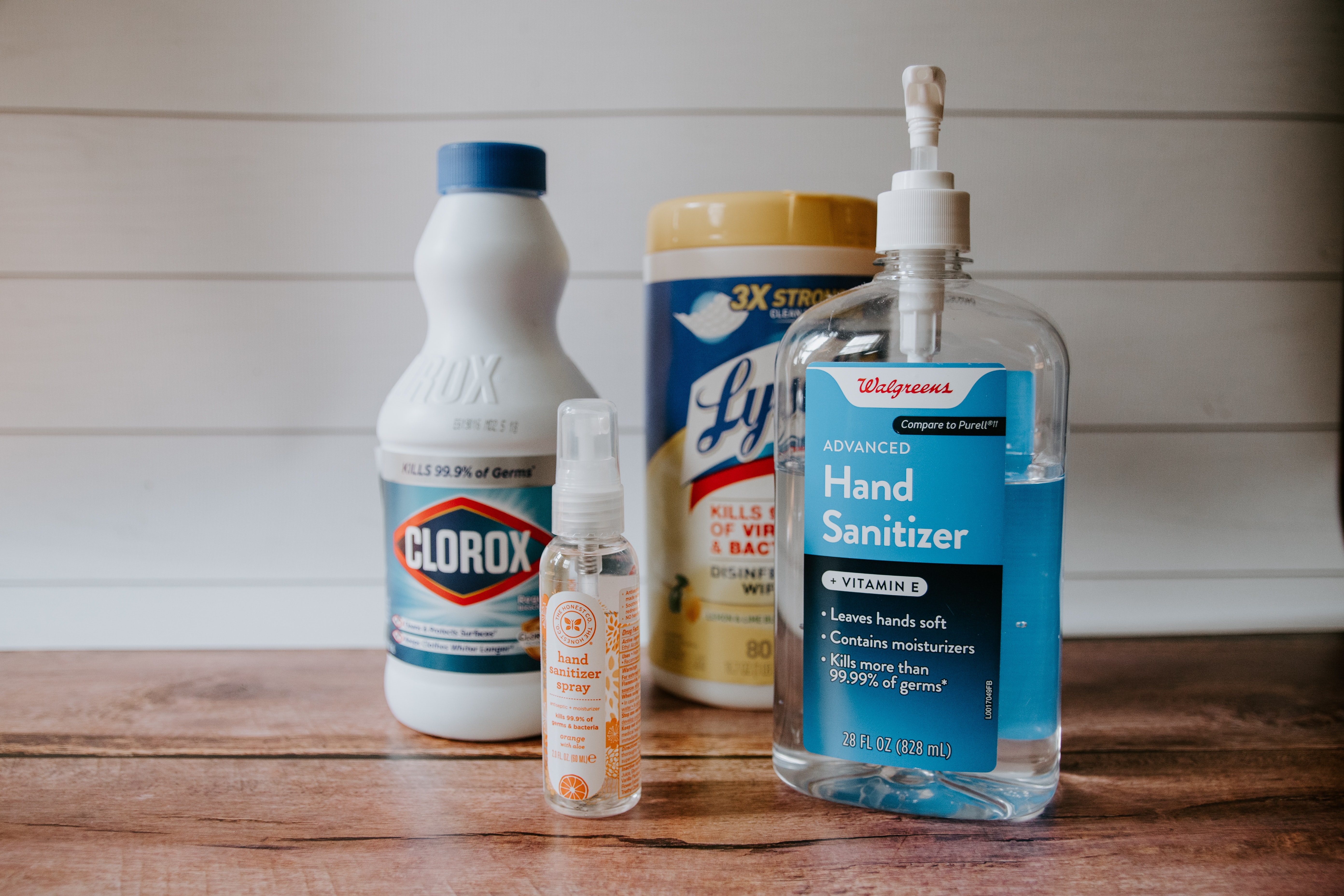Prevention
You can take steps to protect yourself and others during a COVID-19 outbreak.
- The virus is thought to spread mainly from person-to-person. Recent studies indicate that people who are infected but do not have symptoms likely also play a role in the spread of COVID-19.
- There is currently no vaccine to prevent coronavirus disease 2019 (COVID-19).
- The best way to prevent illness is to avoid being exposed to this virus.
Person-to-person spread
The virus is thought to spread mainly from person-to-person.
- Between people who are in close contact with one another (within about 1.5 and 2 meters).
- Through respiratory droplets produced when an infected person coughs, sneezes or talks.
- These droplets can land in the mouths or noses of people who are nearby or possibly be inhaled into the lungs.
- Some recent studies have suggested that COVID-19 may be spread by people who are not showing symptoms.
- Maintaining good social distance (about 2 meters) is very important in preventing the spread of COVID-19.

Spread from contact with contaminated objects or surfaces
It may be possible that a person can get COVID-19 by touching a surface or object that has the virus on it and then touching their own mouth, nose, or possibly their eyes. This is not thought to be the main way the virus spreads, but we are still learning more about this virus. We recommends people practice frequent “hand hygiene,” which is either washing hands with soap or water or using an alcohol-based hand rub. We also recommend routine cleaning of frequently touched surfaces.
How easily does the virus spread
How easily a virus spreads from person-to-person can vary. Some viruses are highly contagious, like measles, while other viruses do not spread as easily. Another factor is whether the spread is sustained, which means it goes from person-to-person without stopping.
- The virus that causes COVID-19 is spreading very easily and sustainable between people.

- Information from the ongoing COVID-19 pandemic suggest that this virus is spreading more efficiently than influenza, but not as efficiently as measles, which is highly contagious.
COVID-19 is thought to spread mainly through close contact from person-to-person in respiratory droplets from someone who is infected. People who are infected often have symptoms of illness. Some people without symptoms may be able to spread virus.
Source: Centers for Disease Control and Prevention
For official information from the Government of Aruba please follow their website: https://www.arubacovid19.org/
Symptoms and testing

Who needs extra precaution

COVID-19 Vaccine for Health Care Workers

DVG's Practical manual COVID-19 in the workplace

COVID-19 Compliance Officer Training

COVID-19 Services - The Opening of your Business

DVG's Requirements - Business measures COVID-19
